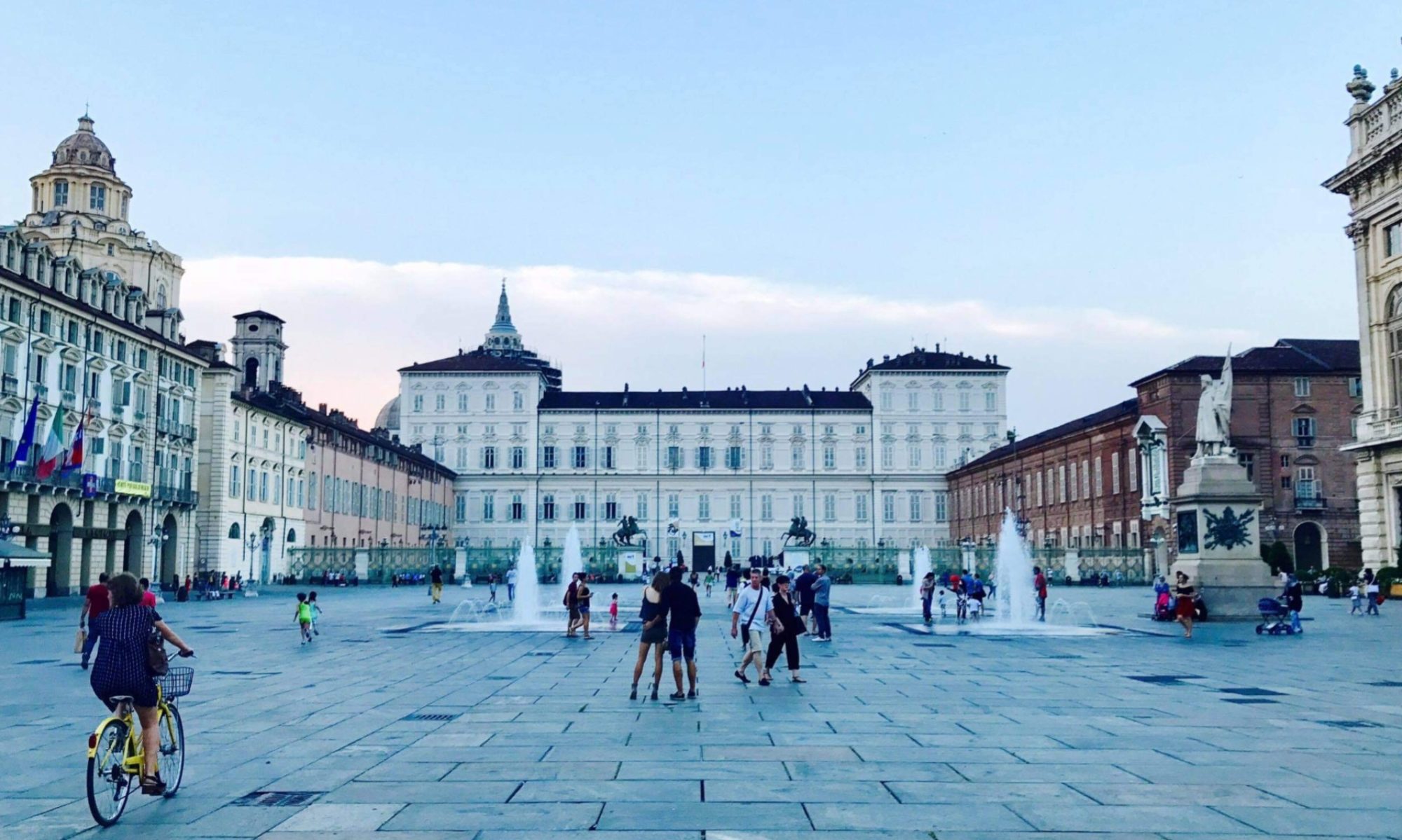
Joel Welch
Before there was a London, or a Paris or even a Rome, there was a Lisbon….in fact, it predates those capitals by centuries….being settled by the Phoenicians as early as 1200 BC. That head start strikes one as odd now, given that it is tucked away on the southwest corner of the European continent and down the list of destination cities. Perhaps though, this has worked out best for you, me and Lisbon. While those other cities can feel choked with tourists, sinking from the weight of their own popularity, Lisbon is just coming into its own as an apex destination.

As I crested the hill leading into this fair city on the Tagus River after a soirée at a very tasty and charming winery, my driver, Ricardo, reminded me that Lisbon’s harbor spawned an age of discovery during the 16th Century, as Portuguese mariners, most notably, Vasco de Gama, set out to discover and exploit Africa, India, the Far East and slightly later, Brazil. Lisbon was the hub of the commercial and shipping world, developing trade in gold, spices, sugar and textiles.
What happened to change that is one of the many things that ties Lisbon to its much younger American cousin, San Francisco. Before there was the Golden Gate that we Americans are all familiar, there was the original Golden Gate. Cresting that hill with Ricardo, the first visual connection comes into view, the 25 Abril de Bridge (Ponte Salazar), which looks strikingly similar to the California one……even sporting an “International Orange” paint scheme. More so though, it is the physical setting of the place….a magnificent and expansive deep harbor…the Atlantic to the west and the narrowing Tagus to the east. Also, Lisbon itself comes into view…seemingly crawling up its hills that make up the city. This is one of those cities meant to stay within it’s original bounds….but with gained importance, spilled over into areas that make for mountain goat-like living…..those hills in San Francisco have nothing on this place including a magnificent fleet of nimble street cars in which to navigate them.

So this is what starts to paint the picture of why Lisbon is so amazing. A spectacular setting coupled with a culture of easy living, bountiful seafood, outstanding wines, the soulful and tragic Fado and not compromised by the hoards of tourists that make it hard to appreciate the individual pace of other world cities. There are many very lovely areas to discover but I chose to base myself in the oldest part of the city, known as Alfama. It is a three dimensional maze of tiny micro neighborhoods…interconnected by chatter and the scent of local fare….you find yourself either bounding up the hills (I like to think I was) or trying hard not to fall down them, knowing if you do, you will be much like a pinball bouncing off the stuccoed walls. It is a most charming place to start in Lisbon but as I discovered, there are many other distinctive, wonderful neighborhoods to hang your hat. Some more elegant or scenic but all worth a look to include the royal hamlet known as Sintra.

To put a point on it, my last night I ended up in a small seaside hamlet known as Cascais, on the north shore of the Tagus where it meets the Atlantic. It is only a 20 minutes drive (or train) from the center of Lisbon, but characteristically, it seemed like another world. I thought back to when Lisbon had ruled the western world and fetched untold riches from foreign lands……that this point of land was the last of Lisbon that those mariners saw until, if they were lucky, they would return….it had seen de Gama and many others come and go.

So the question remains…why had Lisbon, at once the center, been relegated to being an outpost in the corner of Europe? What caused it to decline? Well this is one more place where the two Golden Gates are similar. The first of November of 1755, at the height of its power and prestige, saw Lisbon suffer a devastating earthquake that forever shaped the city much like what happened to its American cousin. At least 30 percent of it’s population were killed and 85 percent off it’s buildings destroyed. The locals still talk of it as “the earthquake” as if it happened in their lifetime. In my mind though, what almost destroyed it actually saved it…kept it hidden for you and me to enjoy and discover. Often tragedies spawn rebirth and in this case, allowed a city to become what it needed to become….one of the most authentic, easy paced, pleasant places on the planet. Lisbon is just that.





